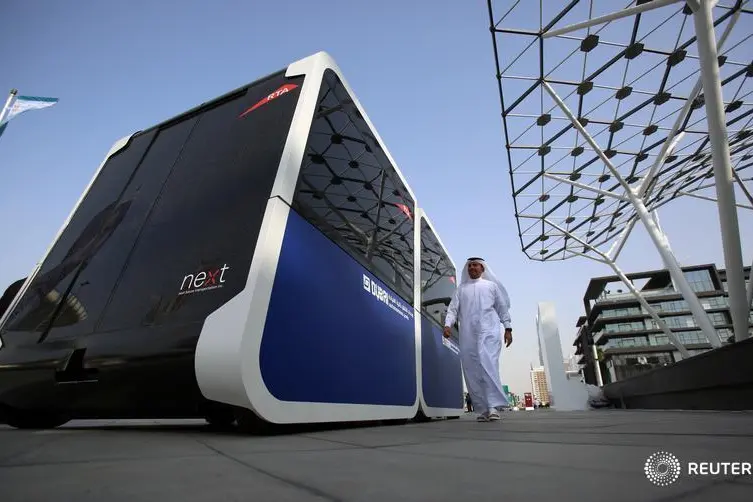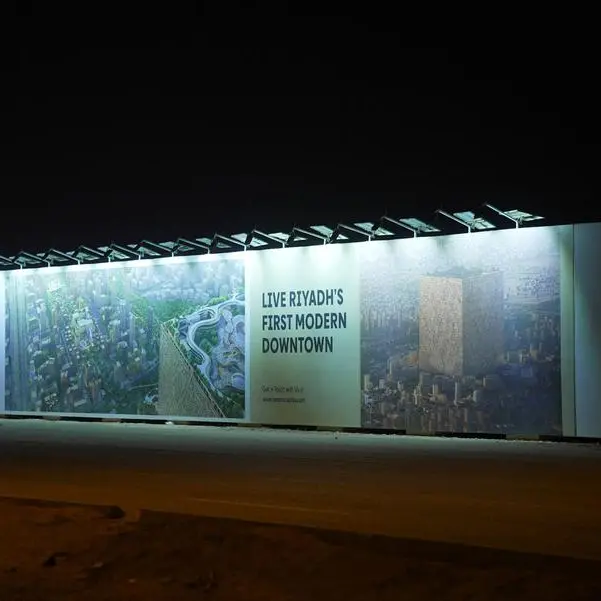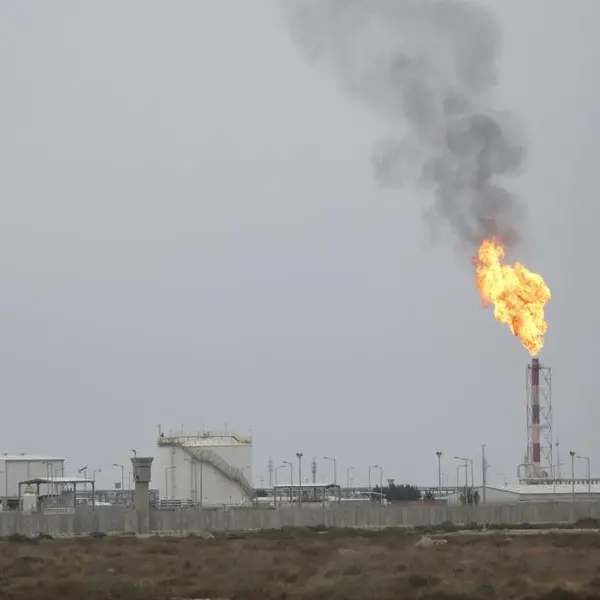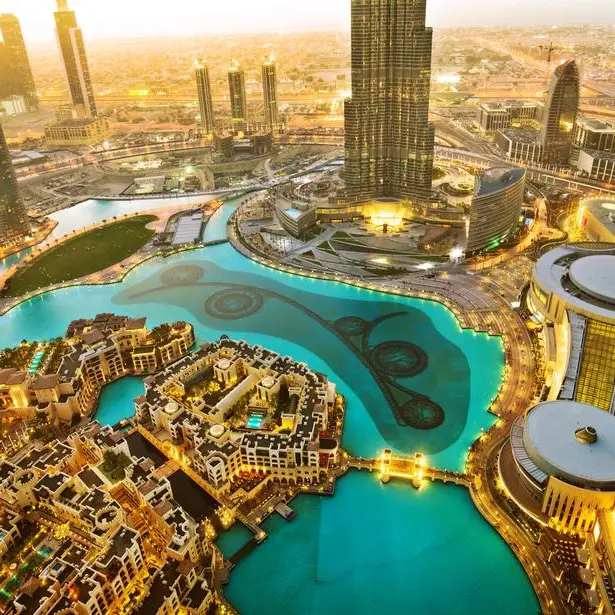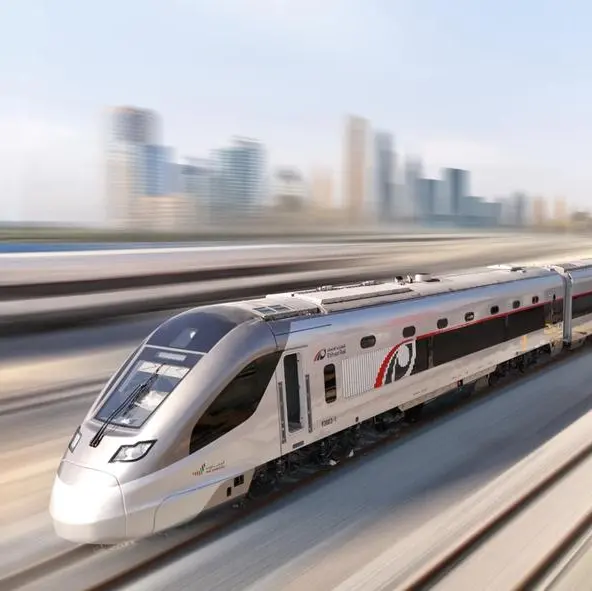PHOTO
Demand for public transport has plummeted by as much as 90 percent in some cities during the COVID-19 pandemic, but this presents an opportunity to re-imagine transportation systems, according to the Dubai Future Foundation.
In Egypt, public transport companies reported 75 percent falls in revenue, and have appealed to the government for economic support to counter the effects of the virus, a foundation report revealed.
Global cities also saw huge reductions in the use of public transport – by 25.8 per cent in Los Angeles, and 84.3 percent in Rome, Italy - one of the first European countries to face a severe outbreak of the virus.
The foundation’s report on transportation in collaboration with Dubai Future Councils, posits that now is the time to invest in autonomous transport for passengers and goods delivery, as part of a rethink of the transport system, to make it a more equitable, resilient and seamless experience.
“The current reduction in transportation demand could also be an opportunity to introduce and pilot projects that in normal circumstances would disturb the traffic flow, such as self-driving vehicles,” the report said.
The report highlights investment in autonomous transport for both passengers and goods delivery as a short to long term insight. Using drones and robots as a way of reducing the number of human operators, and therefore costs, was also included as a short-term insight.
Big data should be used to tracks passengers’ travel patterns, the report said, and it also recommended developing new policies to manage active modes of transport during the crisis, such as cycling and walking, by investing in related infrastructure such as cycle routes and walkways.
Khalfan Belhoul, CEO of Dubai Future Foundation, said Covid-19 had highlighted the need to accelerate the adoption of modern technology, such as autonomous vehicles, artificial intelligence, and big data analytics to find more effective and efficient solutions in the transportation sector.
He said: “Autonomous vehicles are a significant area of interest at Dubai Future Labs that was inaugurated by His Highness Sheikh Mohammed bin Rashid Al Maktoum, Vice President and Prime Minister of the UAE and Ruler of Dubai.
“All research ideas and practical tests undertaken at the lab are being assessed and their feasibility studied ahead of implementing them to strengthen the prevailing transport infrastructure.
“Dubai Future Labs is set to partner with the government and private sectors in developing future projects that improve the performance of the transportation sector in Dubai, the wider region and the world beyond.”
As part of efforts to prevent the spread of the virus, Dubai Metro, tram and marine transport were suspended to allow for a sanitisation initiative, while Saudi Arabia suspended buses and taxis.
Dubai’s Road and Transport Authority (RTA) partnered with companies that provide online shopping facilities to repurpose taxi drivers to deliver goods to customers’ homes.
Several driverless vehicle projects have already been trialled in Dubai, in Downtown, Dubai World Trade Centre and Silicon Oasis.
An autonomous vehicle has also recently been used in Al Zahia, Sharjah, as a way of distributing free sanitisation products during the pandemic.
(Reporting by Imogen Lillywhite; editing by Seban Scaria)
imogen.lillywhite@refinitiv.com
#Dubai #Transportation #Investment #Autonomous Vehicles #COVID-19
Disclaimer: This article is provided for informational purposes only. The content does not provide tax, legal or investment advice or opinion regarding the suitability, value or profitability of any particular security, portfolio or investment strategy. Read our full disclaimer policy here.
© ZAWYA 2020
